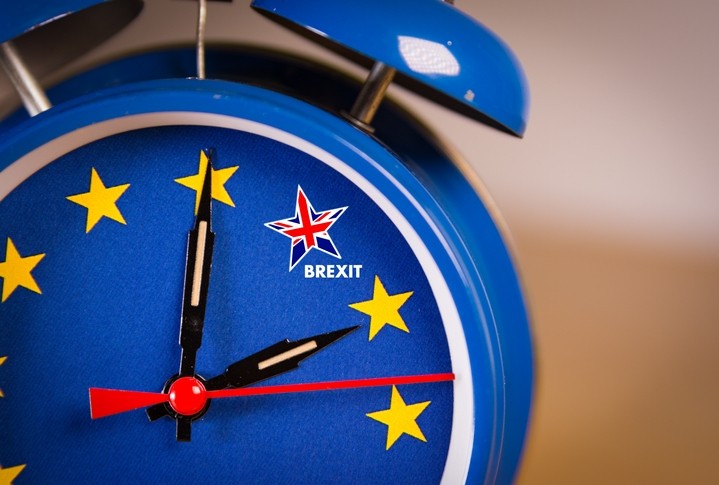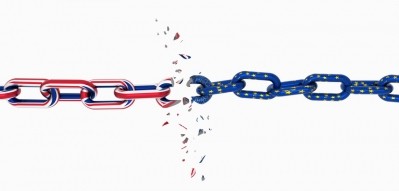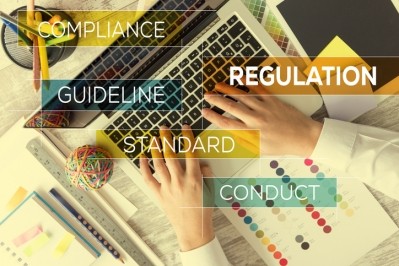No Brexit deal: Guidance for UK food and feed importers and exporters

Theresa May has to present a new vision for the UK withdrawal from the EU over the coming days.
Meanwhile, what does a potential no-deal scenario hold for the UK feed sector?
Well, in terms of feed imports, for one, the UK government did publish guidance late December 2018 on what UK businesses that import high-risk food and animal feed both from EU and rest of the world need to do to prepare for the rules and processes that will apply if the UK leaves the EU with no deal.
We track that here:
Rules from March 29 if there is no deal
In those guidelines, the UK government said ‘high-risk’ means all products of animal origin (POAO) and specified food and feed not of animal origin (FNAO).
It said, from March onwards, the UK authorities would determine what food and feed not of animal origin (FNAO), imported to the UK from the EU and third countries, is to be considered high-risk.
Import controls would be risk-based but no new controls are planned for imports from the EU of food and feed currently categorized as high-risk. “This is because the risk is not expected to change on day one.”
However, anyone currently using the EU’s TRACES system to pre-notify the UK about high-risk food and feed product imports from the rest of the world will need to start using the UK’s new Import Notification System (INS). All importers of high risk food and feed from the EU will also need to pre-notify the Food Standards Agency (FSA) using the INS.
"This will allow the FSA to continue to respond effectively to food safety incidents."
The UK officials stressed that industry will receive updates up until March 2019 to assist them in using the INS, to prepare them for this change and to ensure their own businesses are ready for imports on the day the UK leaves the EU.
And they said representatives from key user groups are involved in the design, testing and preparation of the system.
The FSA, added the officials, is working closely with the UK Department of Environment, Food and Rural Affairs (Defra) to establish when the requirement for importers of high-risk food and feed to pre-notify the FSA could be satisfactorily introduced.
Transit of high-risk food and feed
The requirements to transit high-risk food and feed through the EU to the UK differ depending on whether these are POAO or FNAO, according to the guidance.
“EU food law provides a clear provision for POAO. For this purpose, POAO would need to transit the EU under seal and land in the UK at a location with a Border Inspection Point (BIP) so that UK officials can perform the necessary import controls on these products.
“There is not an equivalent transit provision within EU food law for high-risk FNAO. Existing European Commission guidance states that high-risk food and feed consignments not of animal origin which transit through the EU en route to a non-EU country cannot be classified as imports and are consequently not subject to the EU’s legislative import controls.
“Therefore, high-risk FNAO must enter the UK via a Designated Point of Entry (DPE) having first been pre-notified using the INS, the UK’s new import notification system, so that UK officials can perform the necessary import controls on these products.”
UK feed exports under a no-deal Brexit
In October 2018, the UK government also issued guidance for UK exporters of feed products to the EU in the event of a no-deal Brexit. That publication outlined how UK exporters of feed products to the EU will require representation in the EU or EEA. The EEA includes Iceland, Liechtenstein and Norway.
The officials said that, as a guide, current procedures for third countries exporting to the EU on becoming a representative are available on the Food Standards Agency (FSA) website.
EU countries each have their own systems for this though, noted the new guidance, and companies would need to consult with the relevant competent authority in the EU country for further advice on gaining recognition for their representative.
The requirement for non-EU country representation would apply to all feed products exported to the EU.







